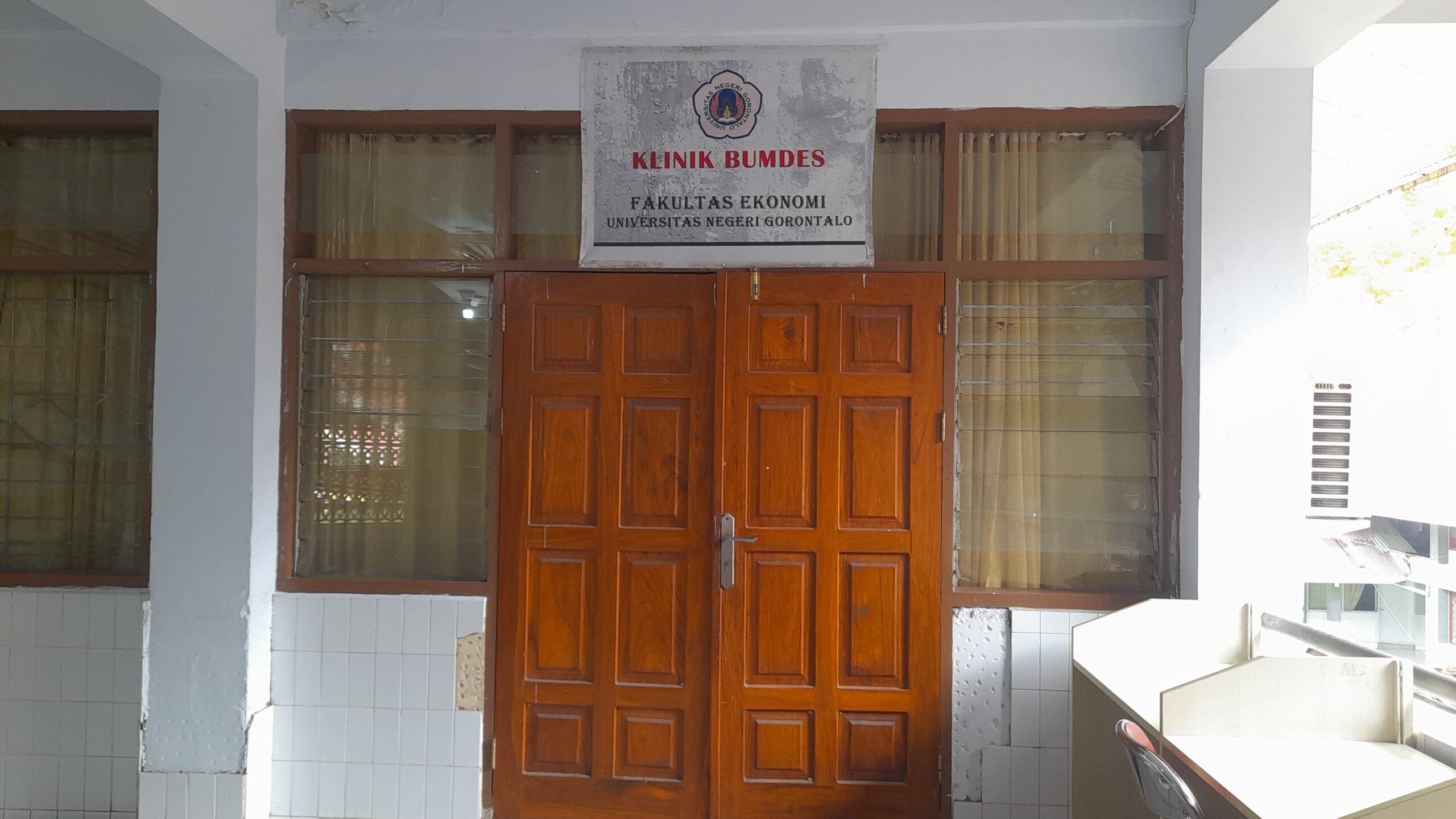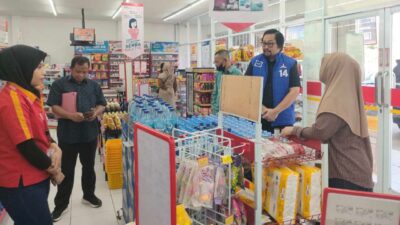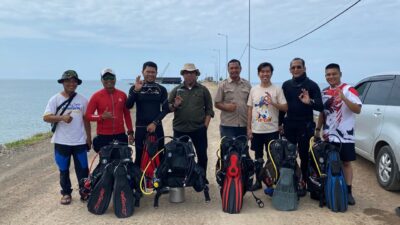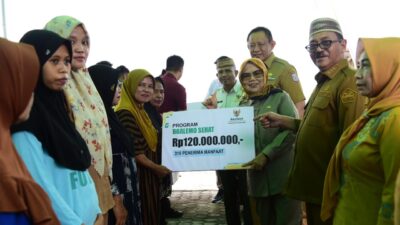READ.ID – Since the enactment of Law Number 6 of 2014 concerning Villages, the government has encouraged the establishment of Village-Owned Enterprises (VOEs) as a driving force for the local economy. The hope is simple: villages will no longer be mere recipients of development programs, but will become key actors in managing resources, creating jobs, and improving the welfare of their citizens.
However, the journey of VOEs in Indonesia has not always been smooth. Several studies have shown that VOEs have significant potential to stimulate the rural economy. Initial research describes VOEs as an effective instrument for utilizing village funds, which continue to increase annually. According to data from the Ministry of Villages, more than 60,000 VOEs will have been established by 2023.
Nevertheless, research has also identified serious challenges such as weak business management, low human resource competency, limited market access, and non-transparent governance practices. Most VOEs still operate as formalities, merely fulfilling regulatory mandates without any real business activity.
Today, the face of VOEs is quite diverse. Some have successfully managed village tourism, agricultural trade, and even microfinance services. Some VOEs have even contributed hundreds of millions of rupiah to Village Original Income (PADes) annually.
On the other hand, many VOEs have stagnated or even ceased operations. Financial reporting transparency, weak oversight, and minimal innovation are major challenges. This situation is exacerbated by the mindset of some village officials who still view VOEs as “projects,” not business entities that must be managed professionally.
In Gorontalo, VOEs are beginning to show signs of growth. Some VOEs are developing businesses based on local potential, such as corn farming, fisheries, and nature-based and cultural tourism. Some VOEs are also supporting the distribution of basic necessities at the village level.
However, the challenges are not insignificant. Classic problems such as limited human resources, lack of ongoing mentoring, and weak governance persist. Several local studies indicate that many VOEs in Gorontalo lack robust accountability systems, leaving them vulnerable to fund encryption and internal conflict.
So, where will VOEs go in the future?
Given current trends, the future of VOEs could move in two directions. If challenges are not addressed immediately, most VOEs will struggle to survive, becoming mere nameplates without any real contribution. However, if governance is strengthened, transparency is maintained, and business innovation is continuously encouraged, VOEs have the potential to become the backbone of the village economy.
In the future, digitalization will be key. Marketing access through online platforms, app-based financial recording, and collaboration with the private sector will determine the competitiveness of VOEs. Furthermore, increasing the capacity of managers and community involvement must be a top priority.
VOEs are not simply economic institutions, but symbols of village independence. Amidst governance challenges and limited human resources, there is a glimmer of hope that, when managed transparently, professionally, and innovatively, VOEs could become a new face of Indonesia’s economic development from the village level.
Written by Yustina Hiola, SE., Ak., MSA., CA., CPA.
(Accounting Lecturer in Universitas Negeri Gorontalo)










